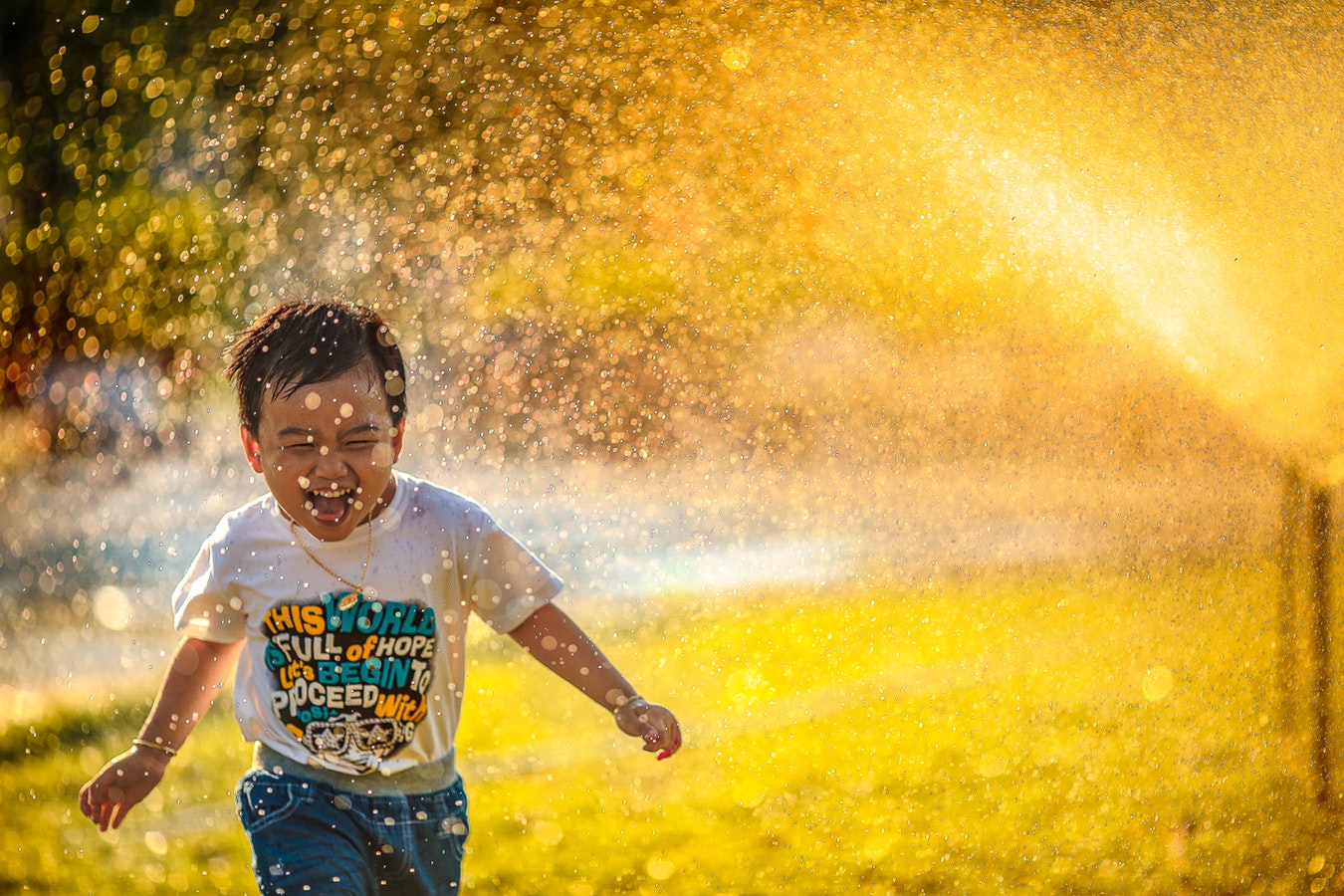Free play, the benefits for the child
Free play, which is even better when it is outdoors, has only positive effects. It’s logical! Nothing is more normal and natural for a child than to play. With play comes along a range of learning opportunities for children that foster their mental, intellectual and motor development.

1. Imagination and creativity
Children must show creativity and leave it up to their imagination to nd ways to stay busy and keep boredom at bay. The same item can be re-purposed in many ways : a piece of wood or plastic container can have all kinds of different uses.
When they make their own games, children are faced with many opportunities to make decisions and hone their problem-solving skills.
The benefits of free play are even greater when children play outdoors, because they find a variety of less structured places, which are less limiting on motor skills.
2. Control of emotions
Children who play games not structured by adults learn to build a community together, to work with other people.
They interact with their environment, with their circle of friends, with their peers and thus learn how to assert themselves, to express their ideas and to nd solutions to resolve conflicts. It is a healthy way to explore their emotions, to integrate them and to learn to control them.
They learn a range of behaviours that will serve them their entire life : negotiating, convincing, teaming up, helping one another and sharing.
3. Autonomy and problem-solving
By repeating certain learning, children master the teachings with increasingly efficacy and develop their abilities to accomplish a range of actions by themselves.
The develop their D system and increase their ability to find solutions to problems that they face.
They learn to react to difficult situations and come into contact with failure and the necessity to persevere.
4. Self-esteem
All the learning completed through free play helps raise self-esteem, a pillar of mental and emotional health.
The freedom allows children to take initiative and to feel in control of their environment. This is how they build confidence in themselves.
